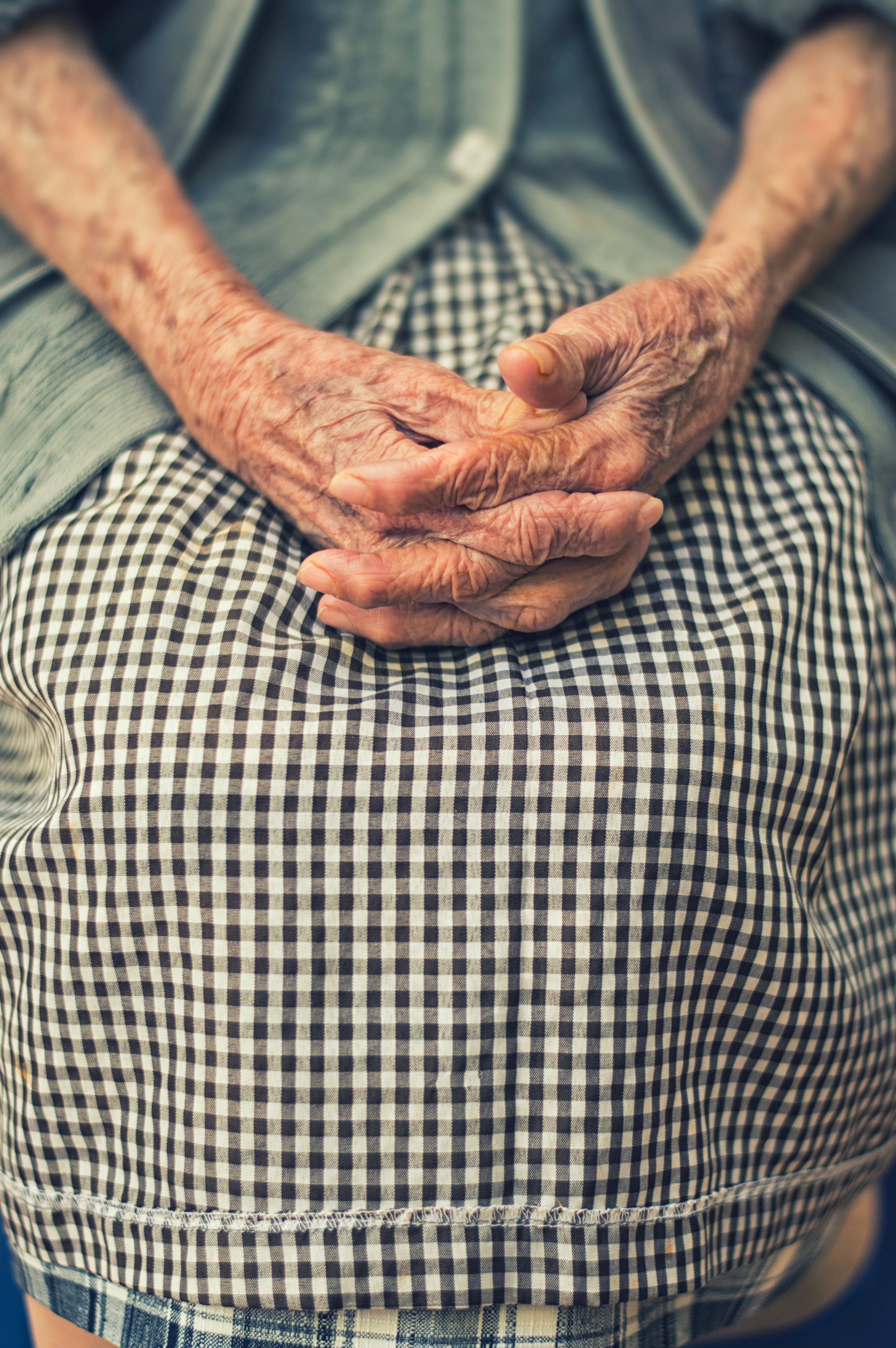5 Common Indicators A Senior Loved One Needs Help at Home
Mom keeps leaving stacks of dirty dishes in the sink and her refrigerator has become the perfect breeding ground for spoiled food.
Dad is wearing the same soiled shirt you saw him in a few days ago and his house is so cluttered you’re concerned he could trip and fall.
Any of this sound familiar?
The aging process looks different for everyone. But most of the time, seniors don’t like to admit that they need help at home.
Seniors have a strong desire to stay independent for as long as possible – and perhaps downplay that they need help taking care of themself.
Koru Health offers Senior Living – also known as Assisted Living – as an ideal solution for your loved one who can no longer live on their own, but still desires an active, engaging lifestyle.
Here are 5 common indicators that a senior needs help at home. If you notice any of these warning signs, it’s very important to get your loved one the assistance they need as soon as possible.
Difficulties Performing Activities of Daily Living (ADL’s)
Your senior loved one’s quality of life is dependent on how well they can care for themself on a daily basis. Their inability to perform activities of daily living (ADL’s) generally has to do with a medical condition or an overall weakness that has developed as they have grown older.1
Here are some ADL’s your loved one may begin to have trouble with:
● Eating
● Dressing
● Bathing/Grooming
● Walking
● Toileting
● Transferring from one place to another
Diminishing Physical Function and Changing Appearance
It gets physically harder to move around the older you get.
Your loved one may no longer be able to cook meals – or forget to eat.
Bathing can become more difficult because it may hurt to remove clothing – or they might worry about slipping and falling.
Here are some warning signs your loved one may be having trouble caring for themself at home:
● Dressing inappropriately for the season/weather
● Wearing soiled clothing that hasn’t been washed
● Showering infrequently and noticeable body odor
● Declining grooming habits, such as untrimmed nails, unwashed hair, and poor oral hygeine
● Losing weight due to inability to cook and prepare meals
● Bruises or other marks on their body due to falling
● Burns on their hands or arms as a result of poor ability to cook
Shifting Behavior and Mental Status
Changes in personality or behavior can occur naturally with age. They are typically gradual changes and aren’t any reason for concern.
But personality changes that come and go, come on suddenly, or get worse are red flags.
No one knows your loved one’s personality better than you.
If they experience any of the following behaviors, it’s important to find them the assistance they need:
● Extreme mood swings
● Loss of interest in previously enjoyed hobbies or activities
● Unreturned phone calls
● Struggling to keep track of time
● Problems with feeling agitated
● Sleeping too much or not enough
Abandoning Household Responsibilities
Many older adults deal with physical limitations that make it difficult to keep their homes clean and orderly. Other household responsibilities – like paying bills and cooking – also get harder to keep up with.
There are some key things to watch out for that go beyond normal laziness when it comes to household chores and responsibilities:
● Extreme clutter or hoarding
● No healthy, fresh food or overall lack of food supply
● A refrigerator with moldy food that hasn’t been cleaned out
● Unpaid bills that could lead to utilities being turned off
● Inability to refill prescriptions
● Wet or stained carpet, floors, or furniture
Decreasing Memory, Judgement, and Cognition
Has dad been putting his wallet in the refrigerator and can’t retrace his steps to find it? Does mom have full bottles of her prescription medication in the cabinet?
There’s a fine line between normal, age-related forgetfulness and warning signs that your loved one needs help at home.
If you notice any of the following start to happen, it’s a good indicator that assisted living would be an ideal option for them:
● Getting lost walking or driving around their neighborhood
● Inability to complete sentences or find the right word
● Extreme changes in personality or behavior
● Confusion when performing familiar tasks
● Asking the same questions repeatedly
● Loss of their logical reasoning skills
Seniors never want to feel like a burden to their family and friends. So chances are they won’t ask for help – even if they’re aware they need it.
You know your loved one the best. This means it’s up to you to watch out for warning signs that assisted living would be the right choice.
At Koru Health, we are committed to offering personalized care that is also accessible and affordable.
Our assisted living communities bring the services directly to your loved one, so you can rest assured they are receiving the perfect amount of care for their needs.
Take a first-hand look at our supportive communities here.
1https://www.agingcare.com/articles/activities-of-daily-living-why-this-measure-matters-186853.htm
https://www.agingcare.com/articles/warning-signs-that-elderly-parent-needs-help-138989.htm
https://www.nia.nih.gov/health/memory-forgetfulness-and-aging-whats-normal-and-whats-not



